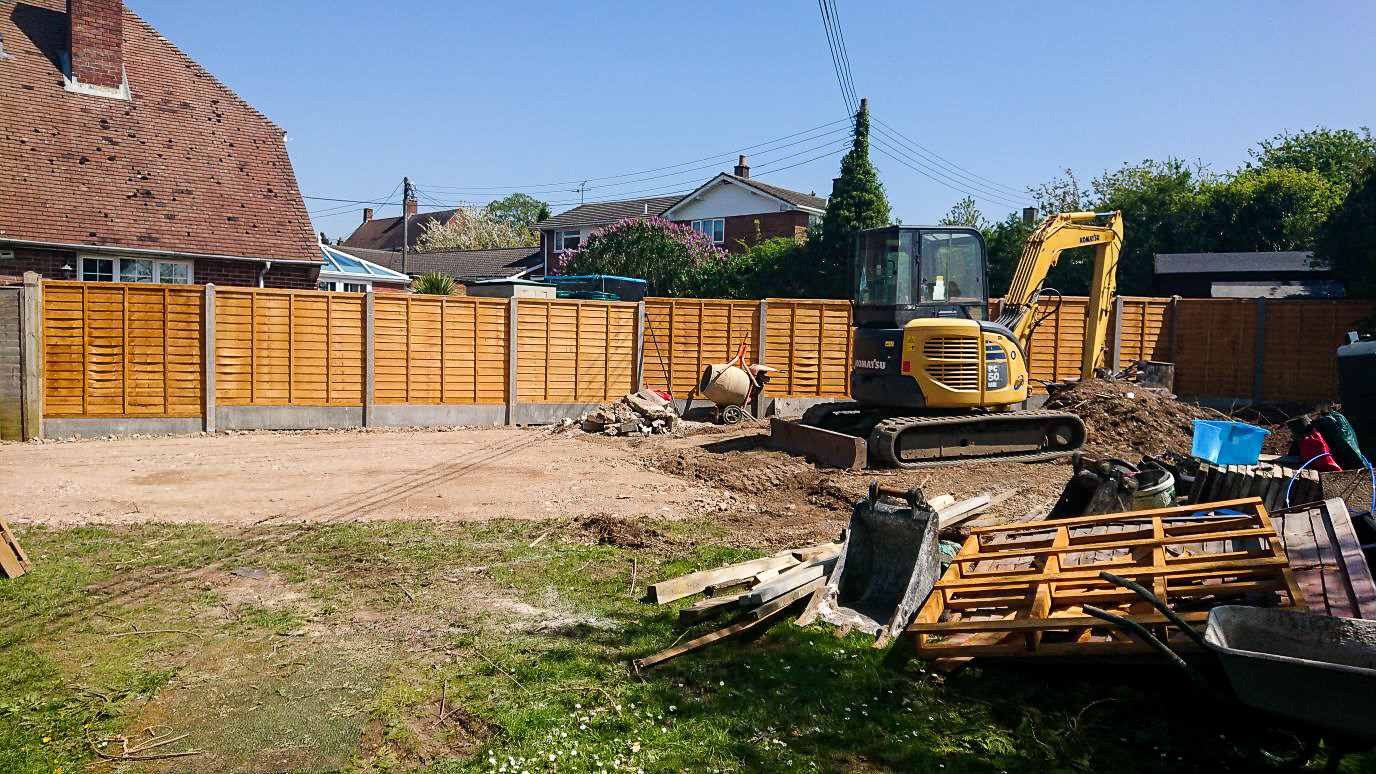You are here: Boundary disputes and Bad Neighbours
What happens when you and your neighbour disagree about a wall or a fence?
If boundary disputes are not resolved quickly – as many a news headline has shown - things can soon escalate into expensive and legal battles as they rage on for years and years over who has the right to (quite often) a tiny strip of land.
The most common is a residential dispute where neighbours fall out over a new fence or overgrown hedge. Too often, you hear about pensioners losing their home because they couldn’t afford legal bills after disputing a new fence their neighbours had put up; or an extension that has to be torn down because neighbours claimed it crept three inches onto their property.
Leaving a dispute unresolved, keeping quiet about it or misrepresenting the facts can affect any chance of selling your house if you decide to move. As a seller, you must fill out a Property Information Form (TA6), which gives prospective buyers a whole host of information about your property that they couldn’t find in a standard search. This includes any information about boundaries. If there is an on-going or historic boundary dispute, then any buyer who requires a mortgage for your property, will not be able to get one.
So what is a boundary dispute?
A boundary dispute occurs when two people both believe they have the right to a piece of land. It can be about the location, condition or responsibility of a boundary between their properties.
The first thing to check is who owns the land being disputed. This information is available on the property deeds and most commonly happens when boundaries have been changed by encroachment. The deeds are more important than the Land Registry Title Plan, which just shows the general, physical boundaries of your property rather than legal parameters.
The next step is to try communicating the issue with your neighbour before things escalate out of control. Approach the person with whom you have a disagreement and be as reasonable as you can. Together, you might be able to resolve the issue without the need for costly and specialist advice.
The Royal Institution of Chartered Surveyors (RICS) operates a boundary dispute helpline on 024 7686 8555, where you can gain 30 minutes of free advice from a RICS registered member. Otherwise, instructing a property surveyor or solicitor in the first instance can help you establish the status of a disputed boundary and avoid any delays further down the conveyancing process.
If you are looking for a Surveyor, you may find some of these links useful:
Boundary Dispute
I've got an issue with the boundaries of my property
Building Surveys
I want a local surveyor to do a Building Survey for me
Homebuyer Survey
I want a local surveyor to do a homebuyer survey for me
Home Condition Surveys
Find local experts and compare prices
Valuation Surveys
If you need a Valuation Survey
Scottish Home Reports
Find local experts and compare prices
Asbestos Surveys
I want to find a local surveyor to do an Asbestos Survey for me
CCTV Drain Survey
If you are looking for a CCTV Drain Survey
Electrical Reports
Find an Electrician to produce an Electrical report (sometimes known as an Electrical Installation Condition Report - or EICR) for a property.
